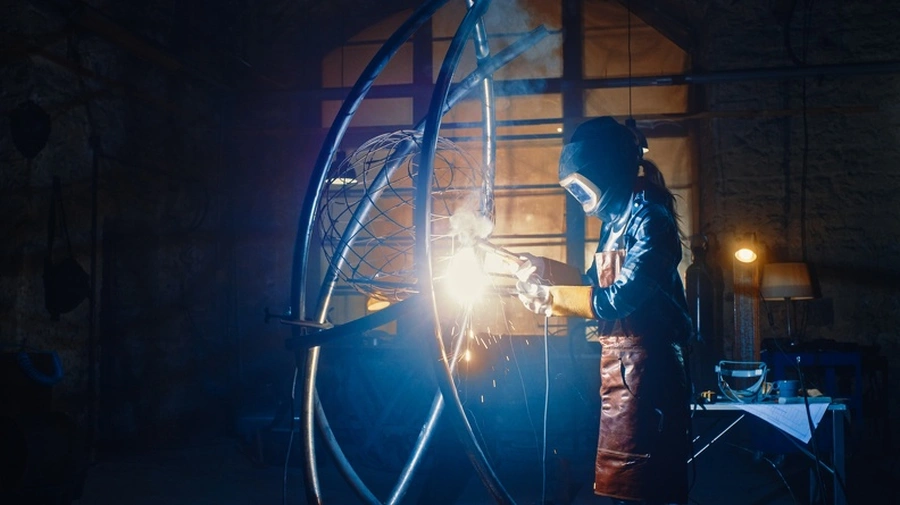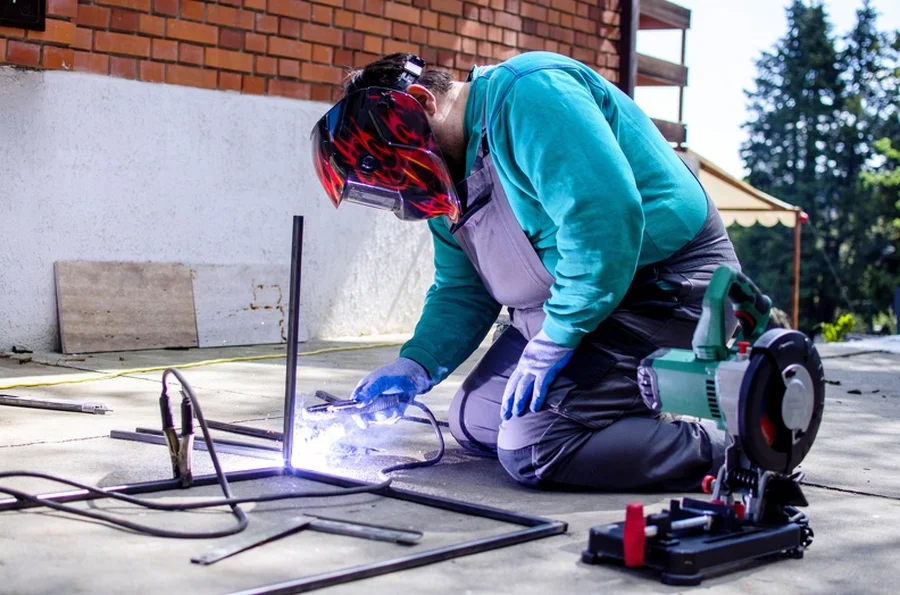An Insight Into Essential Building Blocks for Strong Joints
The choice of materials significantly impacts the quality and durability of welded products. Whether you are a professional welder or just starting, knowing which materials to use is crucial. Understanding these materials can guide you in making informed decisions, leading to reliable and long-lasting results. This article explores various common materials, their benefits, and how they contribute to successful welding projects.

Steel: the Backbone of Many Projects
Steel is often the go-to material for many fabricators due to its strength and versatility. It’s a popular choice in industries such as construction and automotive manufacturing. Depending on the specific requirements, different types of steel like carbon steel, stainless steel, and alloy steel may be used. Carbon steel offers high strength at an affordable price, while stainless steel is prized for its resistance to corrosion.
Aluminum: Lightweight yet Durable
For projects requiring lightweight yet strong materials, aluminum is ideal. Its natural resistance to rust makes it suitable for outdoor applications. Aluminum’s low weight makes it easier to handle without sacrificing strength. Plus, its thermal conductivity is beneficial in heat-sensitive applications, offering both performance and efficiency.

Copper: Conductivity for Electrical Applications
Copper is primarily known for its excellent electrical and thermal conductivity. This property makes it indispensable in electrical engineering and other related fields. Copper’s ease of joining enhances its utility in complex assemblies where precise connections are required. Furthermore, its ability to withstand extreme environments adds value to any project.
Titanium: High Strength for Specialized Needs
Titanium stands out for its exceptional strength-to-weight ratio. It’s commonly used in aerospace and medical industries where high performance under stress is needed. Despite being more expensive than other materials, titanium’s longevity and minimal maintenance needs can justify the cost over time.
Nickel Alloys: for Extreme Temperatures and Corrosion
When faced with extremely high temperatures or corrosive environments, nickel alloys provide a reliable solution. They maintain structural integrity when others might fail. Industries dealing with chemical processes or high-temperature furnaces often rely on these alloys to ensure safety and durability.
Advancing Your Skills in Material Selection
Selecting the right material involves understanding the demands of your specific application. First, consider environmental factors like temperature and moisture exposure. Next, evaluate the mechanical properties required, such as tensile strength or ductility. Finally, weigh the costs against the benefits to make an informed decision.
- Evaluate environmental conditions
- Consider mechanical properties needed
- Balance cost against benefits
The Role of Welding Fabrication Techniques
The success of using these materials often hinges on proper welding fabrication techniques. Mastery of techniques ensures that materials perform optimally under expected conditions. From understanding weld settings to selecting appropriate filler metals, proficiency in these skills leads to superior results.
Your Path to Excellence With Expert Guidance
Investing time in understanding material characteristics can enhance your welding projects significantly. By choosing wisely among available options, you ensure not only structural integrity but also longevity and reliability in every joint made. Call (831) 262-7787 today for expert support in optimizing your material selections. Based in Salinas, CA, our team at Leo G And Sons Welding is ready to assist you with all your welding needs.